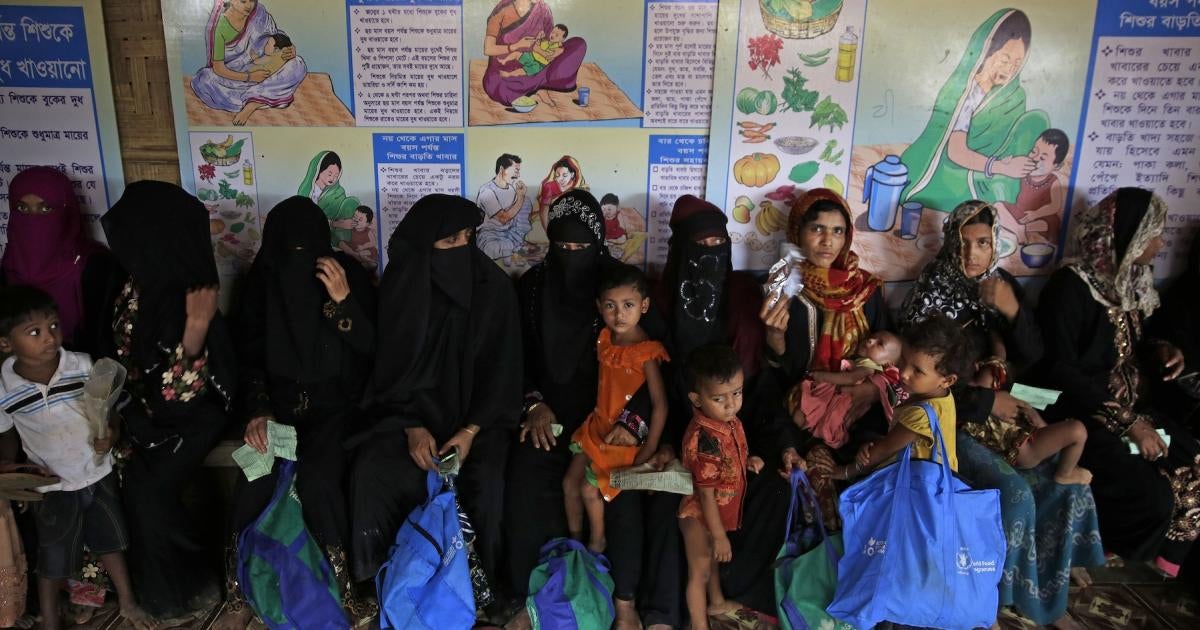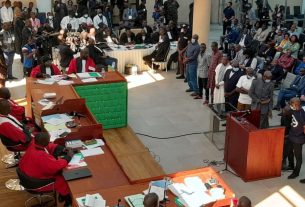When the 2022 Joint Response Plan for the Rohingya humanitarian crisis received less than half the US$881 million needed for the year, the United Nations warned that refugees risked serious shortages in food and other essentials.
Now the World Food Programme (WFP) has announced it is going to cut the monthly food ration for Rohingya in refugee camps in Bangladesh from $12 vouchers to $10. The vouchers are used to purchase 13 kilos of rice per person, as well as other food products. Having received “only a small portion of the required funding for 2023,” WFP said they had to reduce the entitlements “or we will have no funds left very soon.”
The cuts have coincided with a rising cost of living, reducing purchasing power. “Our voucher value was already decreasing because prices have gone up significantly as compared to 2021,” said a Rohingya community volunteer. “Everything, rice, egg, cooking oil, already costs more, and reducing the voucher will hurt even more.”
In addition, the Bangladesh government restricts refugees from seeking paid work, leaving them almost entirely dependent on humanitarian assistance. The cuts in food ration “will only make us more vulnerable because we cannot go out to look for jobs,” said one Rohingya woman. Families are forced to take loans to pay for food, and many are reducing the amount they eat.
UN experts warned that food shortages could lead to further violence and unrest in the camp along with heightened risks of human trafficking. Hundreds have reportedly died making perilous boat journeys to seek new opportunities. Children under five, adolescent girls, and pregnant and breastfeeding mothers will be particularly at risk in camps, where acute malnutrition levels remain high. Onno Van Manen, the Save the Children country director in Bangladesh, said the very fact that WFP “is being pushed to taking away nearly 20 percent of children’s already very basic food intake is unconscionable.”
Donors need to be contributing more to address the food crisis, but they should also be encouraging the Bangladesh government to lift livelihood restrictions so that the Rohingya can better support themselves. Refugees should not be considered a burden but a contributor to the host economy.



